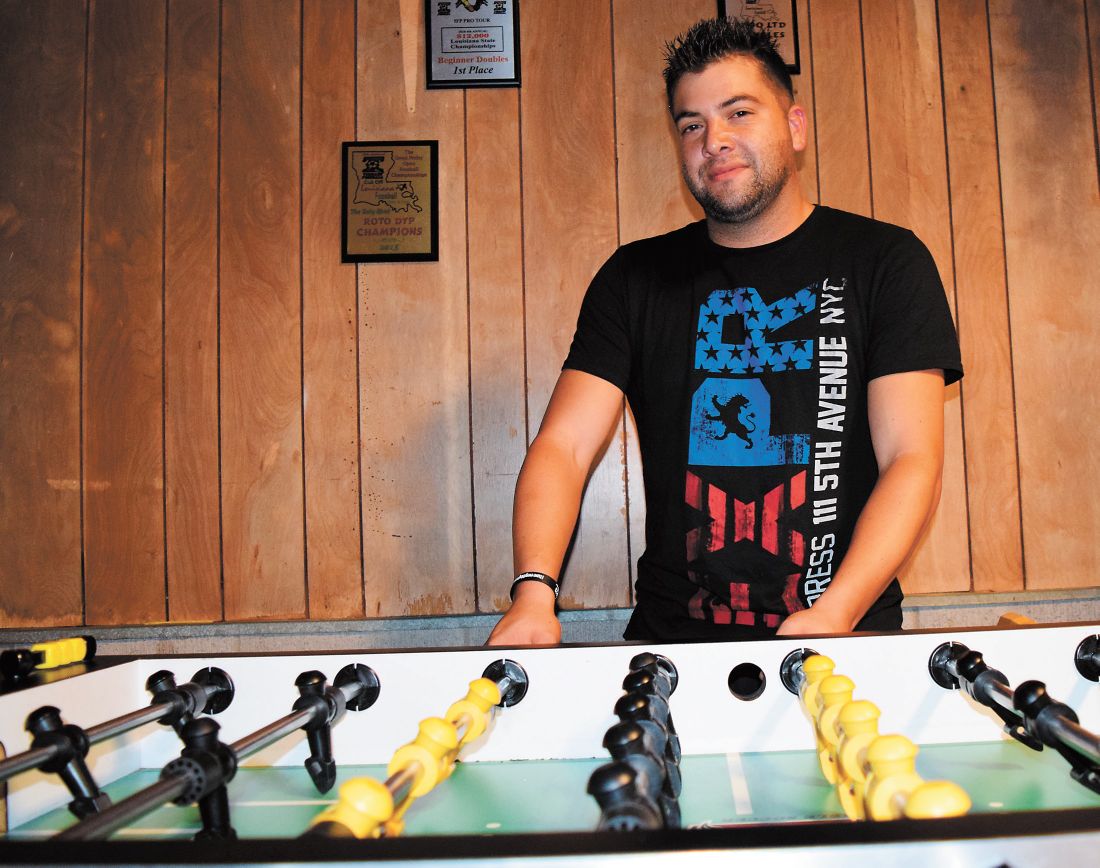
Lafourche’s Top Taxpayers
September 29, 2015
Local emerges as World Champion
September 30, 2015As just about any reporter who has ever worked for a daily or weekly newspaper in these parts will tell you, the oil and gas industry and those who service it are notoriously difficult to cover.
It’s not just an issue when there is bad news. Events like the tragic 2010 Deepwater Horizon oil spill tend to develop their own rhythm on the news coverage end. Disaster makes its own news cycle and protocols; Once the fact that a disaster has occurred is recognized, pre-planned protocols for information distribution tend to kick in, at either the industry or government sectors.
As the DWH spill made clear, the information is not always accurate, at least initially. But the more the oil flows the more the information does too, even if not in a commensurate manner.
Rather, it is the run-of-the-mill kind of story, sometimes one intended to highlight and publicize a particular company’s achievements or positive practices, that can become problematic.
Executives take a long time to return calls, when they do they are often short on information and long on excuses as to why they can’t share it, and because of this a lot of articles that could be of interest to a lot of people don’t see the light of day.
Simply put, a lot of companies that operate locally appear to have no protocol in place for responding to run-of-the-mill media interest in what they do.
I personally refer to the cone of silence around many oilfield service companies as “oilfield omerta.”
This is a shame, because a lot of local companies are doing a lot of positive things to make the oil and gas industry safer, to either prevent problems or or effectively cope with them when they do occur.
A lot of the information just doesn’t get out there.
There is evinced from some a perception that they are not answerable to the community at large, that they don’t need to share information about their operations, and that being unskilled in handling media inquiries, the best thing to do is make like a turtle and keep the talking head inside the shell.
These words are not intended to be self-serving. Rather they are part of an entreaty made on behalf of the reading public, who ultimately lose when there is a dearth of information about an industry that so many, in so many ways, depend upon.
Unlike government entities, private companies don’t generally have any requirements to share information about their operations with the outside world. But attempts to do so responsibly, without giving up trade secrets or betraying the confidence of clients, are to be respected and encouraged.
The current economic downturn in the oil service industry has given rise at various points to various rumors. Rumors are the
enemy of fact, and an impediment to smooth operation within and without an industry.
In defense of the industry, it should be noted that companies experience frustration when their latest ribbon cutting or an announcement they feel is newsworthy doesn’t get news coverage. Newspapers are dealing with their own economic realities at present, as well as challenging issues regarding space for placement of various types of stories. The reporter calling you for assistance or comment is usually someone who has had nothing to do with decisions about what goes where.
And then there is the matter of trust.
Nobody wants to talk about important things relating to their business with someone with the ability to cause – even inadvertently – public embarrassment on a very large scale, unless they really have to.
There is a cure for this.
Adopt a reporter, sort of.
Look for someone whose work in a local paper, like this one, you respect or at least tolerate well.
Stay in touch, even if there is nothing much newsworthy going on, or accept their invitation to do so.
It will make communication when the chips are down or if the idea of a profile on your company comes up easier to deal with, likely with better overall results.
None of this will necessarily result in more money for the company coffers. But it could help build better understanding of where your firm fits in, or what it’s trying to deal with.
Just because we don’t have to do something doesn’t mean we shouldn’t.








